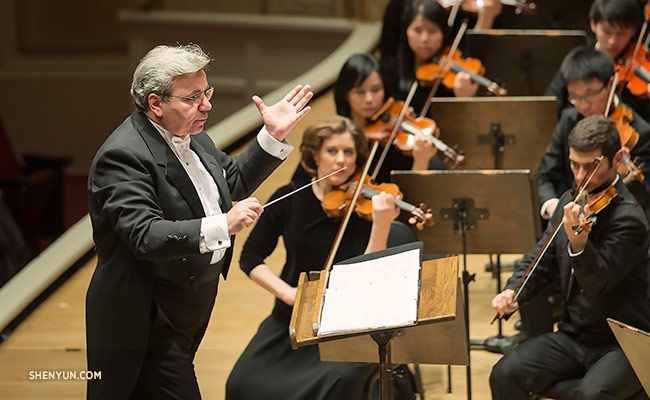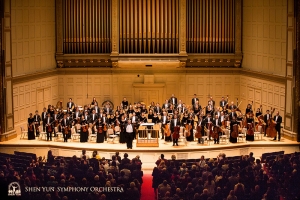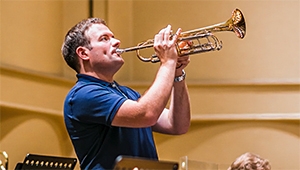
What Classical Music Can Do For You
“Why do people attend concerts?”
This is a question I often asked my parents when I was little. Back then, I couldn’t understand why people paid to sit in a room to watch other people sit on a stage. What exactly was it about music that made people so excited?
It wasn’t until I attended my first symphony orchestra concert many years later that I answered my own question. From the moment the first gong resounded through the hall, I was taken away by the sheer power that resonated through the air. It was as if the whole orchestra suddenly became alive, called on by the conductor to dance before the audience. As each different instrument added its own unique voice to the magnificent sea of sounds, I was held utterly enchanted and spellbound. This wasn’t just a group of people sitting on a stage; it was a collection of legendary artists, weaving a tapestry of magic through music.
That night, I felt light and refreshed, as if I had swallowed up some of the magic and brought it home with me. My spirits were high and I just felt thoroughly happy, even long after the concert. Was this the power of music at work?
In Chinese, we have a saying: “乐先药后” (yuè xiān yào hòu) or “music before medicine.” Music was thought to have the power to heal the heart and enrich the mind. After researching, I discovered that many people in the West hold similar theories today, believing that music can improve your mood, reduce your stress, and even boost your brain. In fact, studies show that learning to play an instrument can even lead to increased IQ and improved test results.
Positive music is thought to uplift the spirit, while violent or aggressive music is believed to be dangerous. This isn’t just the case for humans, but for plants and animals as well. In 1973, an experiment was conducted in which different types of music were played to plants. While listening to works by composers such as Haydn, Beethoven, and Schubert, the plants became strong and healthy. They even grew towards the sound of the music, and eventually entwined themselves around the speakers. However, when the plants were played rock music, they seemed to grow away from the music. After two weeks, the plants all died.
In the summer of 1997, a 16-year-old boy named David Merrell received top honors from the US Marines and the CIA for his research on the effects of music on mice.
Merrell noticed that many of his friends were listening to rock music at school and wondered if music had an effect on learning ability. Thus, Merrell constructed a labyrinth in his basement, and recorded how long it took 72 mice each to complete the course. Afterwards, he split the mice into three groups. Everyday, he played classical music to one group, rock music to the second, and no music to the last. At the end of each week, he ran the mice through the maze and timed them again. After four weeks, Merrell obtained some shocking results.
What did he discover?
In the beginning, it took the mice an average of 10 minutes to complete the maze. After several weeks of running the same maze, the group that listened to no music at all managed to cut their run time by five minutes, while the classical mice mysteriously improved by eight and a half minutes.
What happened to the remaining group? It turns out that the heavy metal mice actually lagged an extra 20 minutes! According to Merrell, these mice stumbled stupidly through the maze, appeared drunk and confused, and were unable to remember what they had previously learned.
But that’s not all.
Merrell admitted that this was his second time attempting this experiment. Why? The first time he kept the mice together within their groups, each group to a cage. What happened next inside the hard rock cage was a show worthy of the Roman Coliseum. According to Merrell, the mice became so aggressive that they slaughtered each other until only one gladiator mouse remained alive.
So is music really that powerful, or is it all a myth? I say find out for yourself. If positive music really does have all these benefits, then there’s definitely no harm in giving it try. Go enjoy a classical concert. And who knows? You might hear much more than just music.

Xindi Cai
Dancer
2017年10月13日








